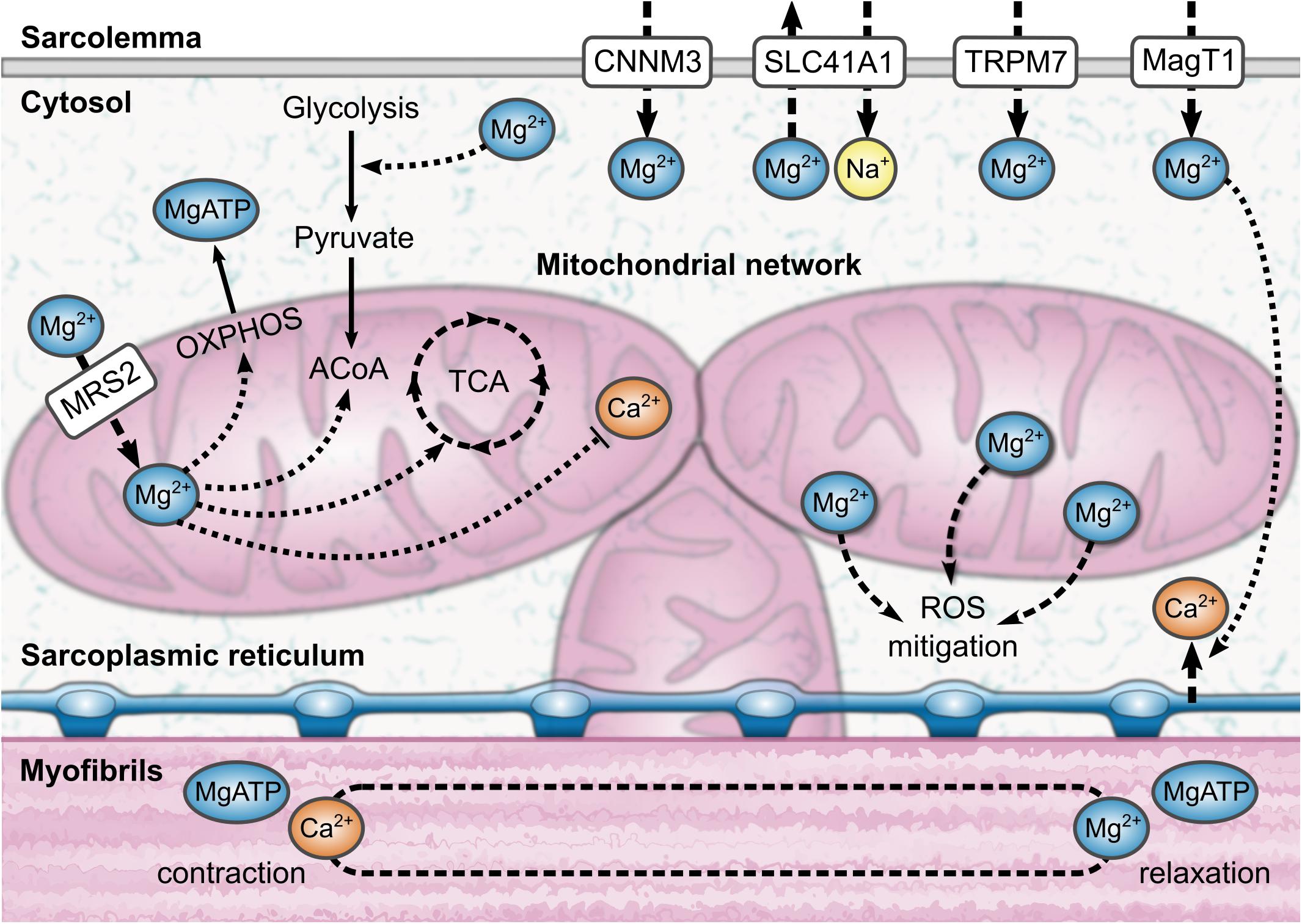Muscle magnesium status in older adults - as measured by MR spectroscopy
20 Sep 2020

We recently published an article, titled Age and Muscle Function Are More Closely Associated With Intracellular Magnesium, as Assessed by 31P Magnetic Resonance Spectroscopy, Than With Serum Magnesium, in Frontiers in Physiology, Striated Muscle Section. Here’s a summary of our work:
Total serum magnesium is a common clinical measurement for assessing magnesium status; however, magnesium in blood represents less than 1% of the body’s total magnesium content. We measured intramuscular ionised magnesium by 31P-MRS and tested the hypothesis that this measure better correlates with muscle function and captures more closely the effect of aging than serum magnesium. Data were collected from 441 participants (age 24–98 years) in the BLSA, a study of healthy aging. We showed that muscle ionised magnesium was negatively associated with age and positively associated with knee-extension strength, while serum magnesium was not associated with either. Muscle magnesium was lower in women than in men, perhaps due to chronic latent magnesium deficiency that is not detected via serum magnesium. Based on these findings, we suggest that intramuscular ionised magnesium from 31P-MRS is a better clinical measure of magnesium status than total serum magnesium; it could be measured when muscle weakness of unidentified aetiology is detected, and to monitor the effectiveness of magnesium interventions, including supplementation.
This work was featured in Mail Online on the 7th of September, 2020.

